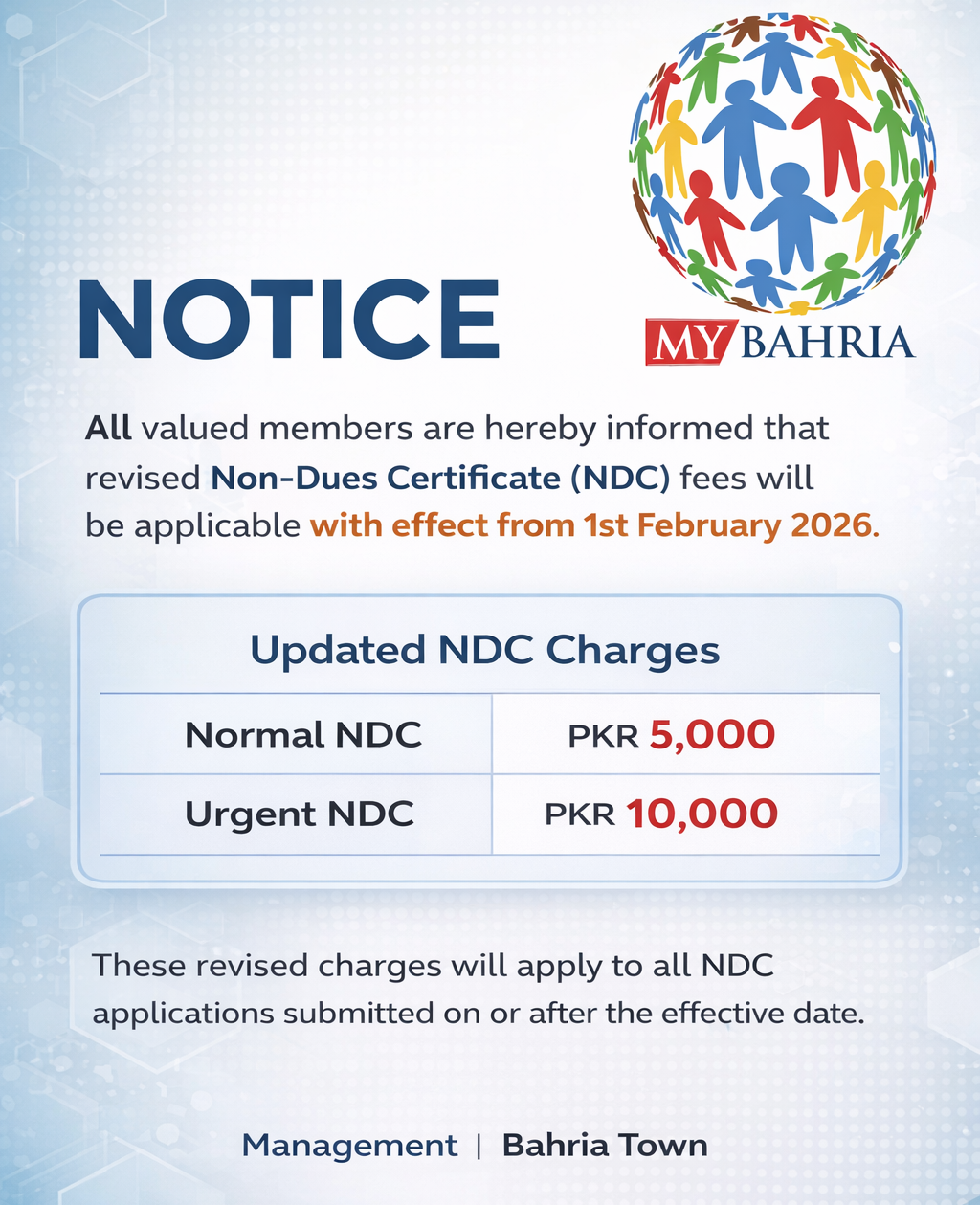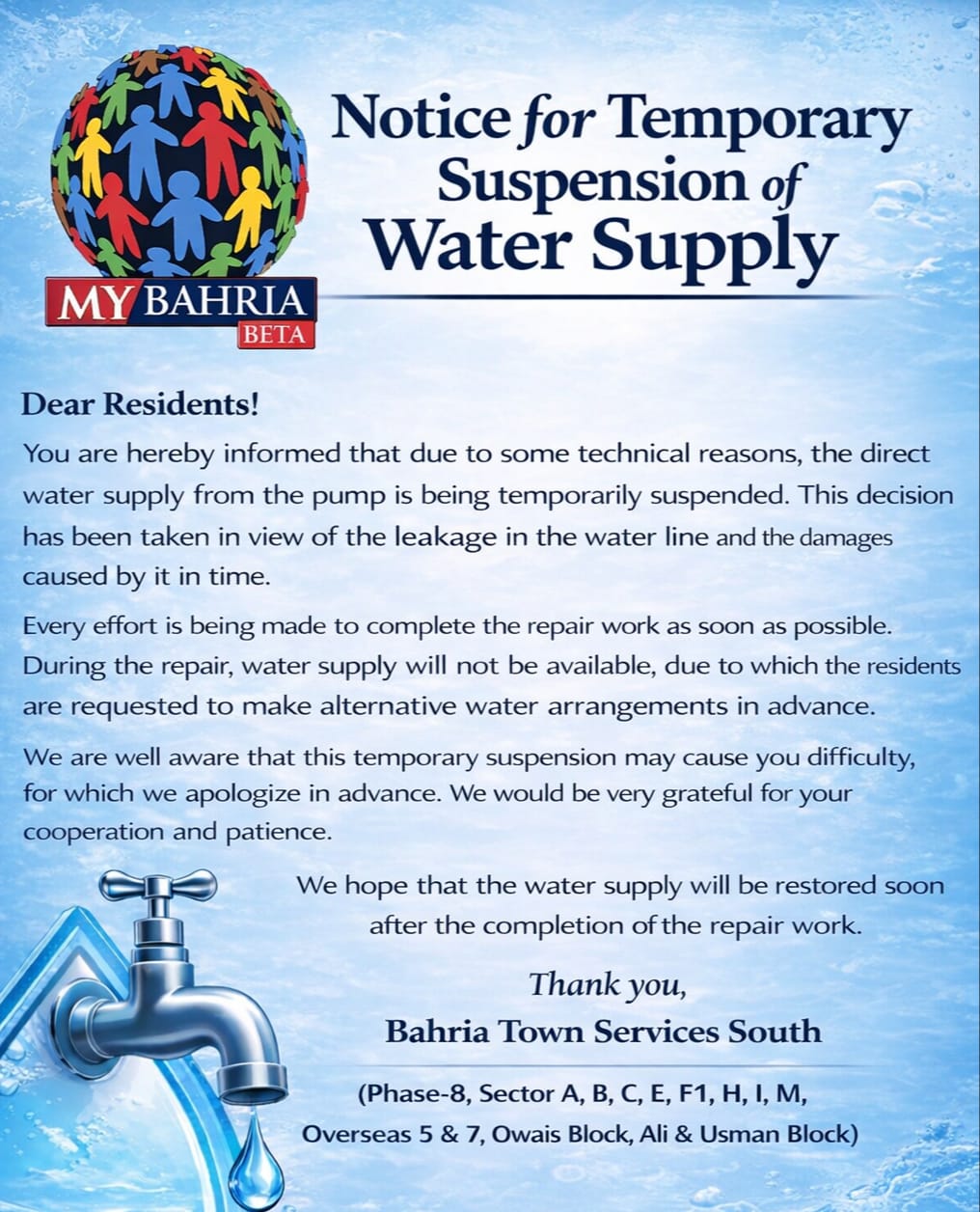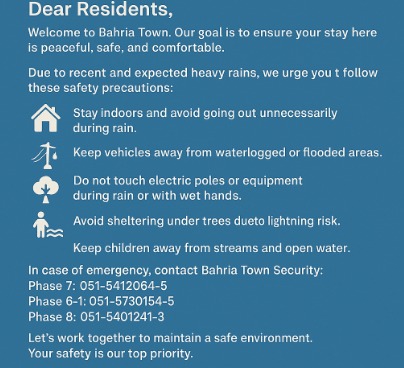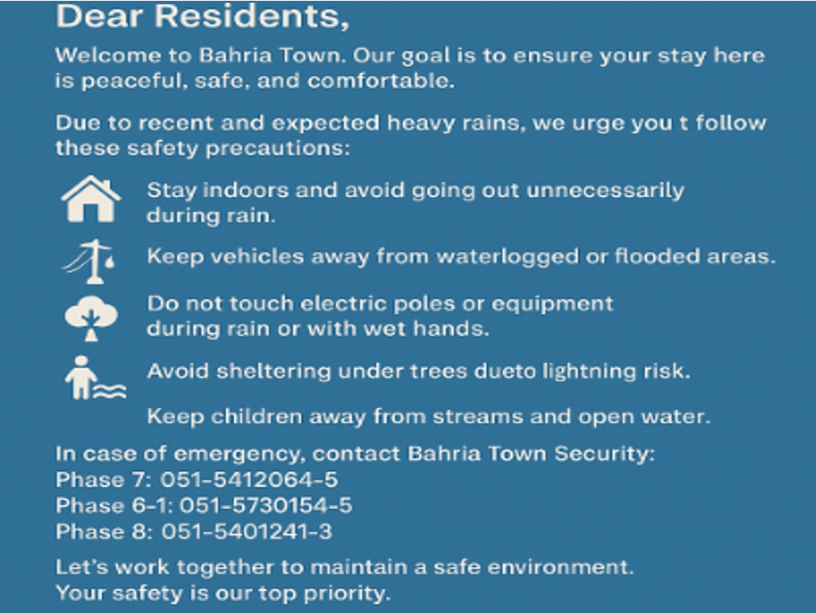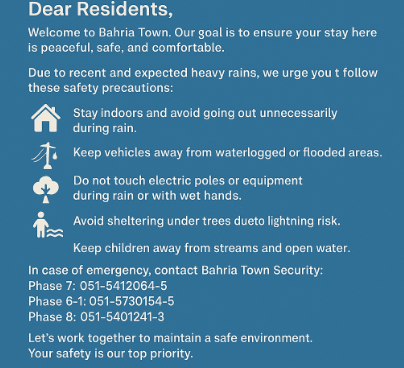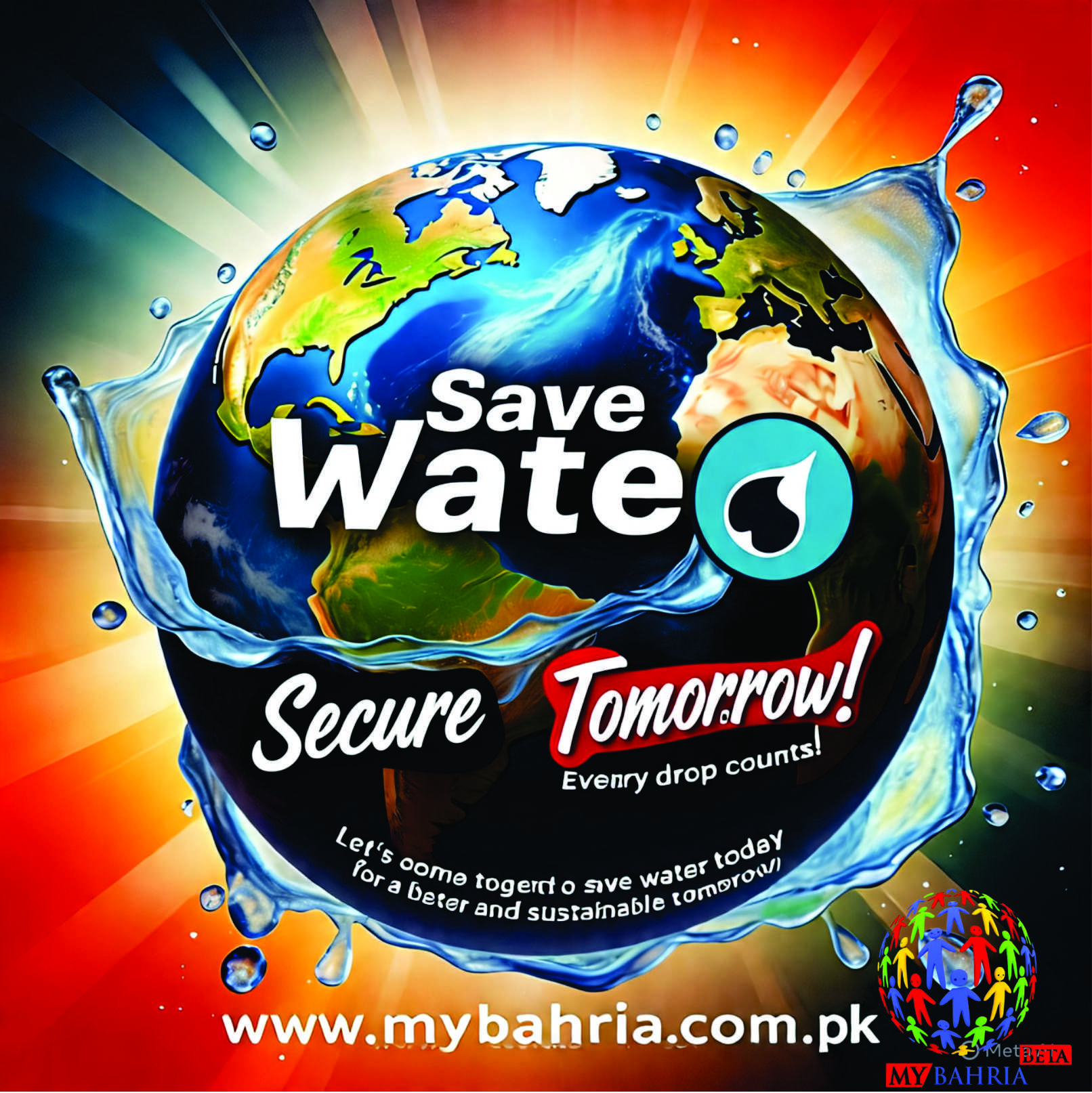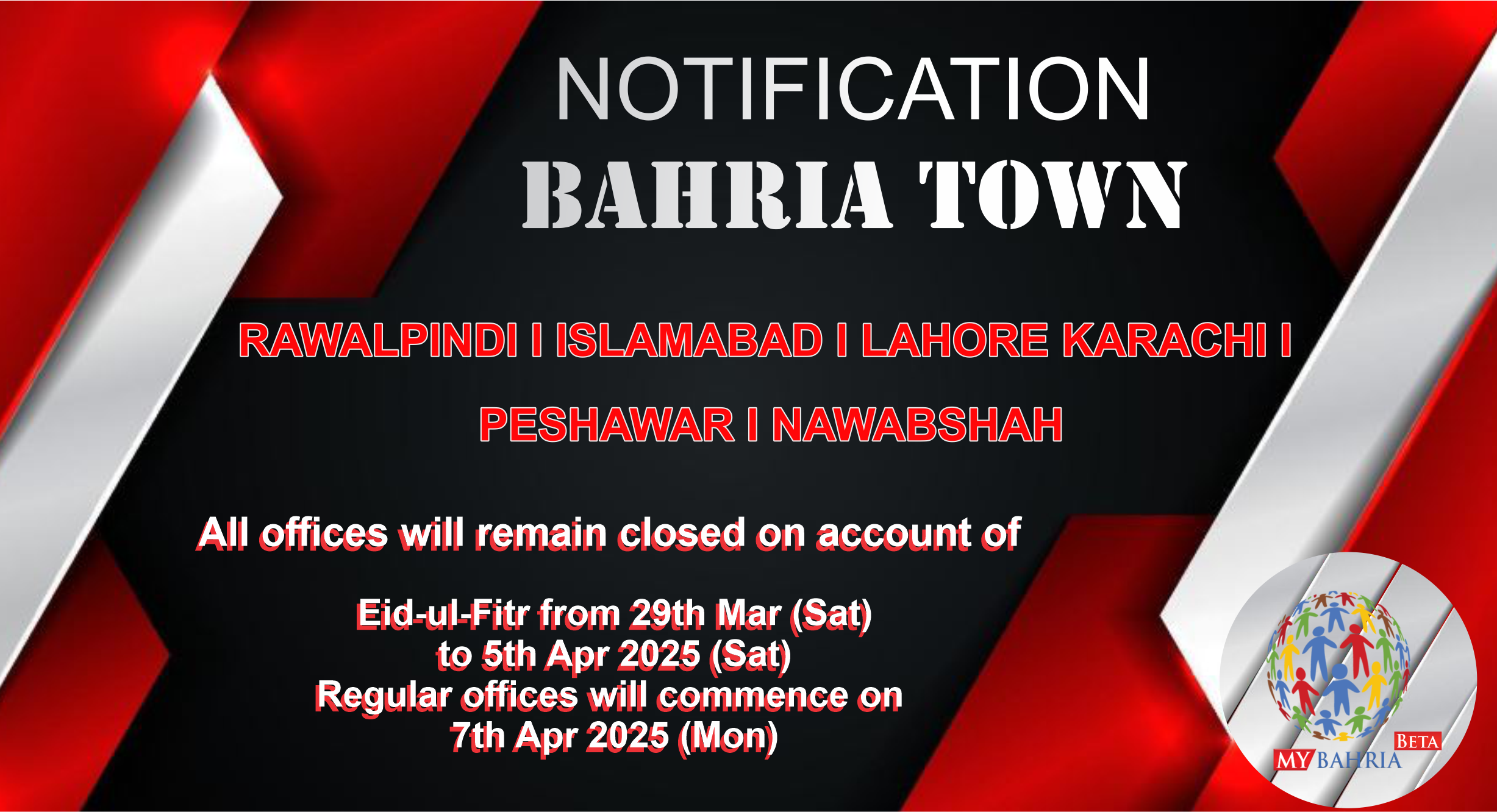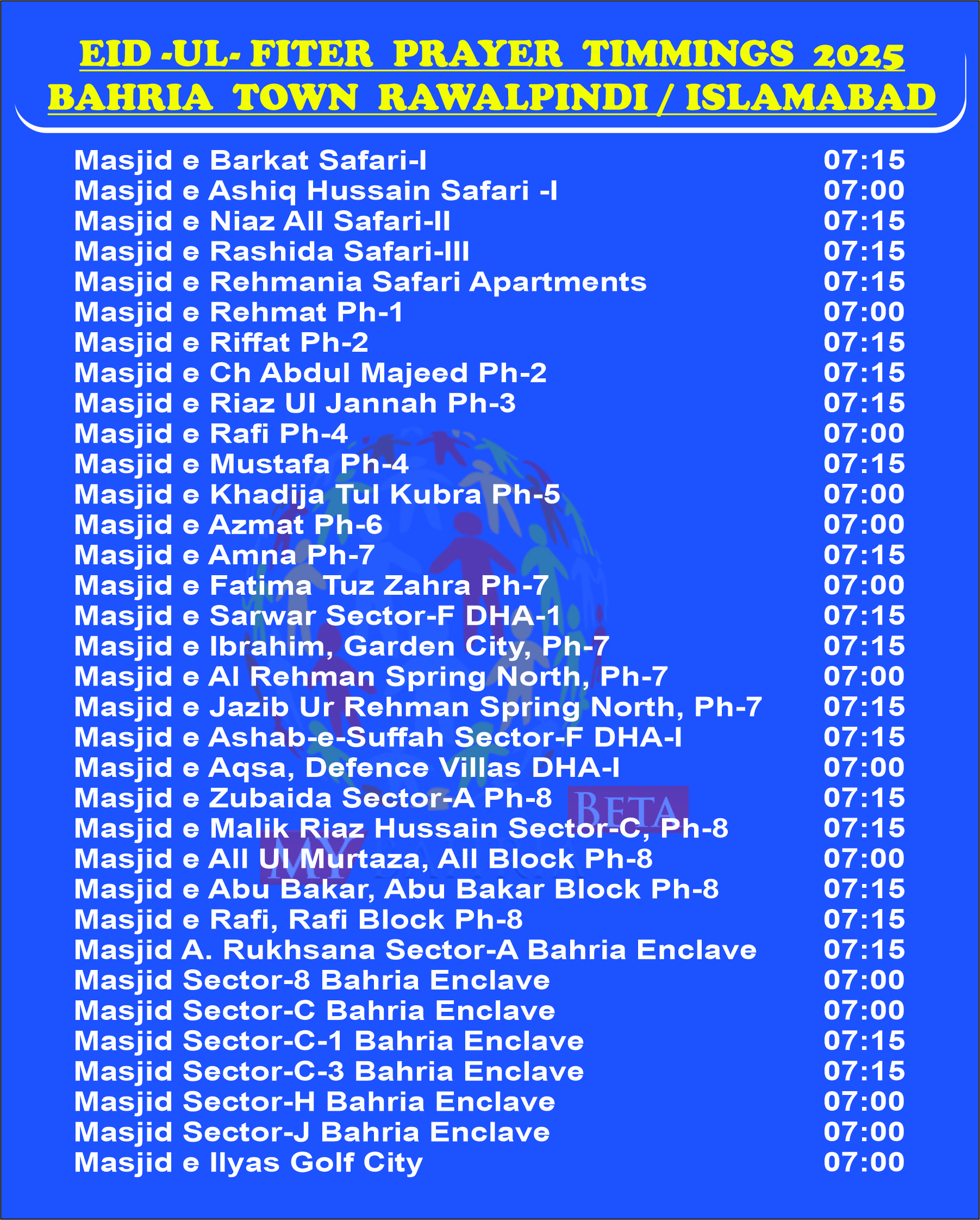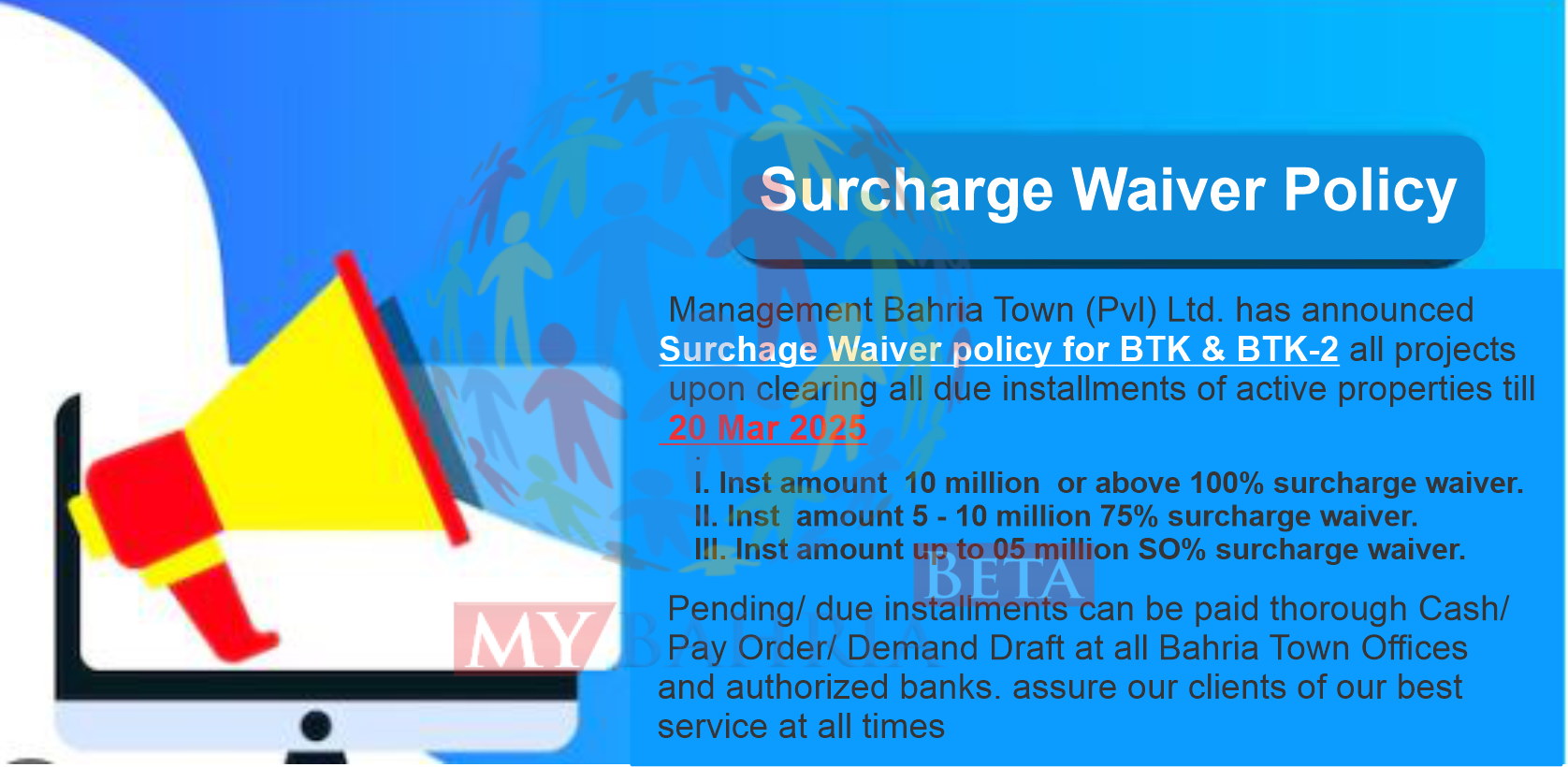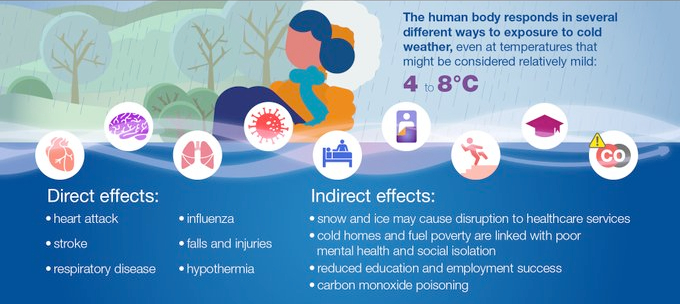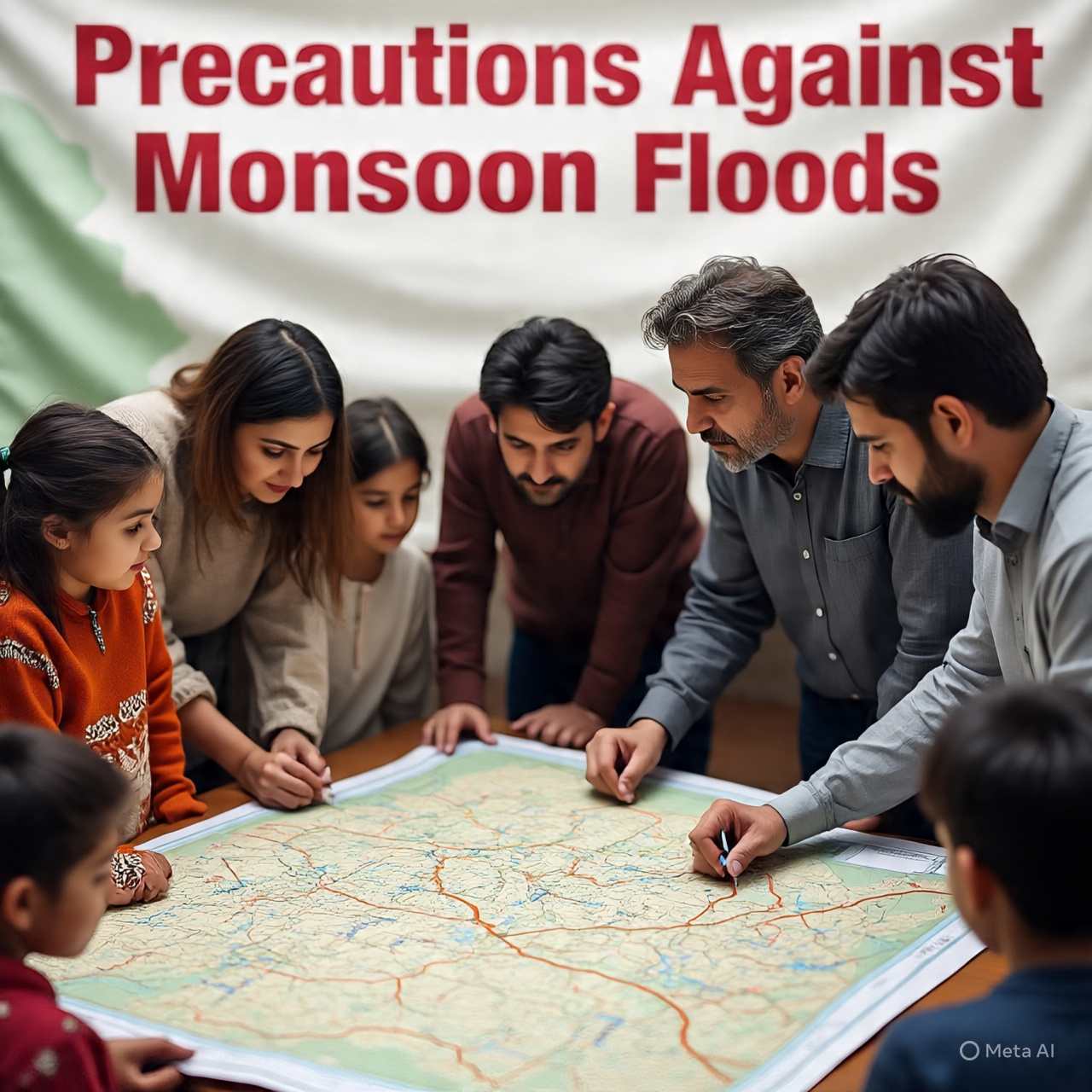
The monsoon season brings much-needed relief from the scorching summer heat, but it also poses serious risks, including waterlogging, flooding, and health hazards. Whether you're living in an urban area or the countryside, taking the right precautions can help protect your home, health, and loved ones. Here's a comprehensive guide to staying safe during the monsoon rains and potential floods.
Home Safety Measures
1. Inspect and Repair the Leak
Check your roof, windows, and doors for any leaks. Waterproofing your home before the rains begin is essential to avoid water damage.
2. Clean Drains and Gutters
Blocked drainage can lead to waterlogging and structural damage. Ensure all drains are clear of leaves, plastic, and debris.
3. Secure Electrical Fixtures
Keep all electrical connections above potential water levels. Avoid using exposed wires and cover outdoor sockets.
4. Store Essentials Safely
Place important documents, valuables, and emergency kits in waterproof containers and store them in higher areas of your home.
Personal Safety Precautions
1. Avoid Flood-Prone Areas
Stay informed about flood alerts in your area. Avoid walking or driving through waterlogged roads, as they may conceal open manholes or debris.
2. Wear Protective Clothing
Gumboots, raincoats, and umbrellas help protect against waterborne infections and insect bites.
3. Drive With Caution
If driving is necessary, move slowly and avoid speeding through water. Keep headlights on for visibility and avoid underpasses or submerged roads.
Health and Hygiene Tips
1. Boil Drinking Water
Floodwaters can contaminate water supplies. Boil or use filtered water to avoid infections like cholera, typhoid, or diarrhoea.
2. Keep Mosquitoes at Bay
Use mosquito repellents and avoid stagnant water to prevent diseases like dengue and malaria.
3. Eat Fresh and Hygienic Food
Avoid street food and ensure all food is properly cooked. Wash vegetables and fruits thoroughly.
Emergency Preparedness
1. Keep an Emergency Kit Ready
Your kit should include:
* Flashlight and extra batteries
* First-aid supplies
* Basic medicines
* Drinking water
* Non-perishable food
* Power bank
* Important documents (ID, insurance, etc.)
2. Stay Connected and Informed
Tune in to local news, weather updates, and government alerts. Follow evacuation orders promptly.
3. Know Your Shelter
Be aware of the nearest flood shelters and emergency services in your area.
Community Involvement
1. Help Clean Local Drains and Streets
Work with your neighbours or community groups to clear garbage and prevent clogged drains.
2. Support the Vulnerable
Check on elderly neighbours, people with disabilities, and those who may need assistance during heavy rains or evacuation.
Final Thoughts
Monsoons can be beautiful, but they're also unpredictable. Taking simple precautions can go a long way in ensuring your safety and that of your community. Stay alert, stay prepared, and enjoy the rains responsibly.
